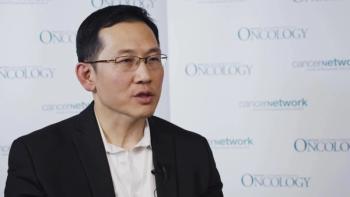
Cancer Network spoke with Steven H. Lin, MD, PhD, of MD Anderson Cancer Center, on the findings of a phase II trial of atezolizumab plus chemoradiation therapy in locally advanced non-small-cell lung cancer.

Your AI-Trained Oncology Knowledge Connection!


Cancer Network spoke with Steven H. Lin, MD, PhD, of MD Anderson Cancer Center, on the findings of a phase II trial of atezolizumab plus chemoradiation therapy in locally advanced non-small-cell lung cancer.

In this video, Shirish M. Gadgeel, MD, of Rogel Cancer Center, University of Michigan, discusses combo docetaxel/trametinib in G12C or non-G12C KRAS mutation-positive, recurrent NSCLC.
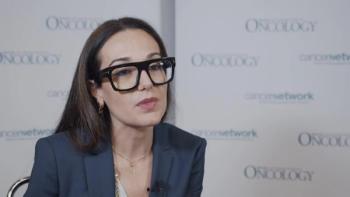
Cancer Network spoke with Tina Cascone, MD, of MD Anderson Cancer Center, at ASCO 2019 about combination checkpoint blockade in the pre-surgical setting for early-stage NSCLC.
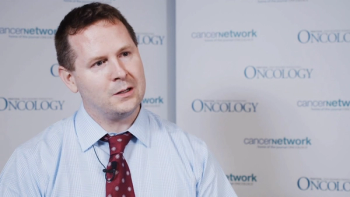
In this video, Dr. McFarland of Memorial Sloan-Kettering Cancer Center spoke with Cancer Network at ASCO 2019 about depression in lung cancer and dopamine as potential therapy.
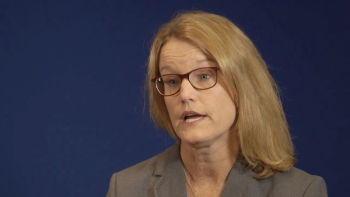
Cancer Network spoke with Karen L. Reckamp, MD, of City of Hope at ASCO 2019 about data on emerging MET inhibitors in the treatment of lung cancer patients.
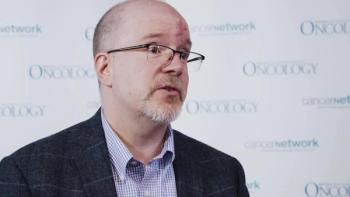
Cancer Network spoke with Nathan A. Pennell, MD, PhD, of Cleveland Clinic at ASCO 2019 regarding current use of and barriers to molecular testing in NSCLC.

The RELAY trial compared the combination of ramucirumab plus erlotinib vs erlotinib alone in patients with metastatic non–small-cell lung cancer.

A retrospective study finds that use of checkpoint inhibitors is associated with similar survival outcomes among patients with advanced non–small-cell lung cancer, regardless of a history of autoimmune disorders.
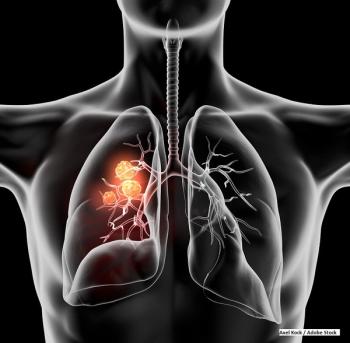
Researchers tested the addition of a pemetrexed-carboplatin chemotherapy regimen to gefitinib for patients with EGFR-mutant advanced non–small-cell lung cancer.

The addition of pemetrexed to bevacizumab maintenance therapy after induction therapy for chemo-naive patients with advanced lung cancer did not meet the primary endpoint in a phase III trial.
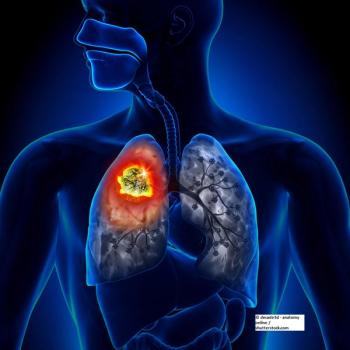
It may be possible to double the number of patients eligible for clinical trials for advanced lung cancer by expanding trial eligibility criteria based on new technologies and advances in supportive care.
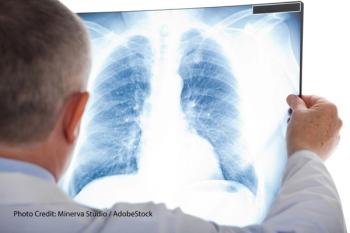
Researchers evaluated the effect of trilaciclib to a topotecan regimen in reducing chemotherapy-induced myelosuppression in newly diagnosed extensive-stage small-cell lung cancer.

The authors compared metformin combined with radiotherapy and chemotherapy vs chemoradiotherapy alone in patients with unresected stage IIIA/B non–small-cell lung cancer.
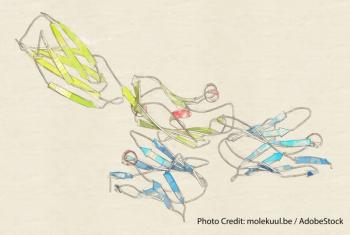
Results from an interim efficacy analysis of a large, multicenter clinical trial focusing on a programmed death ligand 1 inhibitor were presented at ASCO 2019.
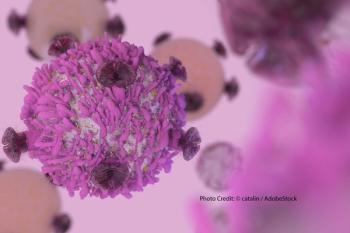
Researchers compared the percentage of non-viable tumor and tissue resident memory tumor infiltrating lymphocytes for nivolumab plus ipilimumab vs nivolumab alone.

The study evaluated the efficacy and tolerability of adjuvant treatment with pemetrexed/cisplatin vs vinorelbine/cisplatin in patients with non-squamous NSCLC.

Researchers reported the latest data from the phase Ib KEYNOTE-001 clinical trial at ASCO 2019.

MSKCC’s Dr. Alexander Drilon highlights other known alterations that are being targeted or being used as biomarkers in non–small-cell lung cancer.

Dr. Hossein Borghaei discusses results of the Checkmate 227 trial and its impact on treatment decision-making in NSCLC.

Robert Doebele discusses TAK-788, a first-in-class inhibitor of both EGFR and HER2 shown in an early-phase study to be active in NSCLC.

Alice Shaw highlights the development and clinical considerations for use of first- and next-generation ALK inhibitors in NSCLC, plus ongoing research.

An avelumab combination therapy shows promise against ALK-driven lung cancers, but another was neither safe nor effective in non–ALK-driven cases.

Cell-free DNA, used to guide treatment of advanced lung cancer, may become a tool for early detection, based on analysis of participants in the Circulating Cell-free Genome Atlas study.

Researchers in Hong Kong found dacomitinib was associated with longer OS than gefitinib in patients with advanced EGFR+ NSCLC.
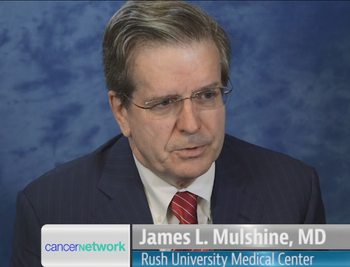
In this video at ASCO 2018, James Mulshine, MD, discusses CMS coverage of low-dose CT lung cancer screening for selected Medicare beneficiaries, and clinical implications of early detection.

Weekly patient symptom self-reports, filed using an online tool, allowed timely detection of lung cancer relapses and prolonged patient survival.

Administering pembrolizumab before EGFR TKIs may be inappropriate for TKI-naive patients with EGFR-mutant NSCLC.

Alectinib was generally better tolerated and associated with better outcomes vs crizotinib in ALK mutation–positive non–small-cell lung cancer.

Combining the ALK inhibitor with this immunotherapeutic agent had an acceptable safety profile and yielded an ORR of 85.7%, South Korean investigators reported.

Obese patients survived longer during immune checkpoint blockade for metastatic lung cancer compared with underweight patients and those who lost weight during treatment.